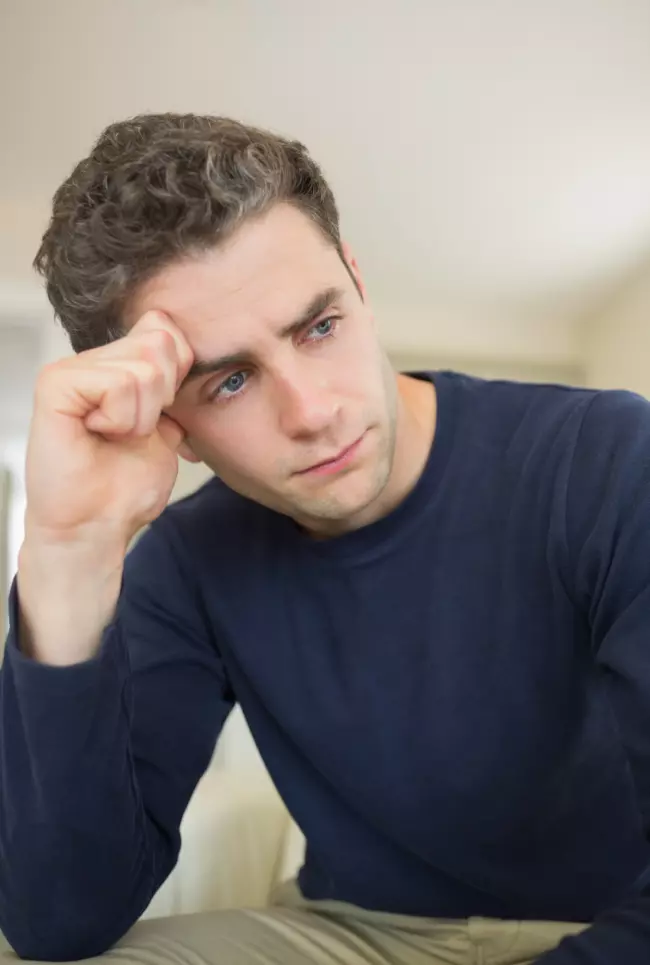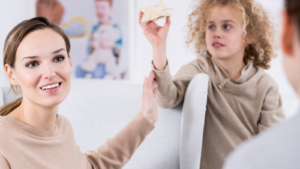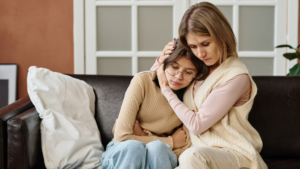The increasing rate of anxiety, OCD and depression amongst teens and young adults is a world health crisis. On average it takes 11 years from the first signs of a mental health problem until a person gets proper mental health treatment.
With failure to launch young adults, when you look back at their history as children and adolescents, you often see a pattern of undiagnosed or poorly treated mental health difficulties.
The signs and symptoms of clinical mental health issues or risk factors such as anxiety, OCD substance abuse, learning disability, ADHD, executive functioning dysfunction, and depression can be easy to miss when kids today have so much structure in their lives, especially in academic settings. They over rely on the “bumpers” in their life and never seem to internalize skills that set them up for success.
Here are some startling mental health statistics about young adults:
- 75 percent of lifetime cases of mental health conditions begin by age 24
- An estimated 1 in 4 or 26% of Americans ages 18 and older suffers from a diagnosable mental disorder in a given year
- More than 25 percent of college students have been diagnosed or treated by a professional for a mental health condition within the past year
- More than 11 percent of college students have been diagnosed or treated for anxiety in the past year and more than 10 percent reported being diagnosed or treated for depression
- Almost 73 percent of students living with a mental health condition experienced a mental health crisis on campus
- 64 percent of young adults who are no longer in college are not attending college because of a mental health related reason
- 31 percent of college students have felt so depressed in the past year that it was difficult to function and more than 50 percent have felt overwhelming anxiety, making it hard to succeed academically
- 50 percent of young adults who stopped attending college did not access mental health services and supports
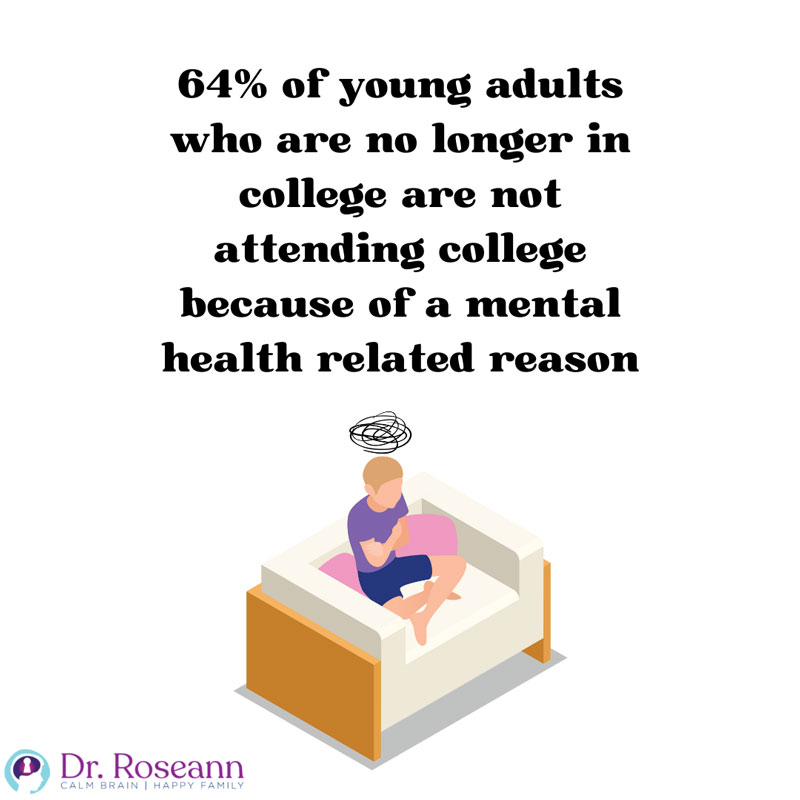
What Does Anxiety and Depression Look Like for The Failure to Launch Young Adult?
There are many young adults struggling with mental health disorders living at home today. This period of extended adolescence is hard on both the adult child and their family. These young adults often have a history of many common failure to launch behaviors, including anxiety, poor stress tolerance, attention and executive functioning challenges, social difficulties and avoidant and resistant behaviors.
When we think about anxiety and depression, we have to think about them as occurring along a spectrum from internalizers to externalizers.
Anxious or depressed individuals who are internalizers, display withdrawn behaviors, minimal communication and worried or hopeless internal thoughts that often loop. They often think the worst of themselves and feel quite unsure or even hopeless about future outcomes. Internalizers can be perfectionistic and that drives them to keep up at school at the expense of their mental health. Depression and anxiety symptoms can be hard to see in internalizers.
On the other hand, anxious or depressed individuals who are externalizers, display irritability and anger. They have a short fuze and seem like they don’t care. Externalizers are more likely to get help because their behavior shows us clearly that they are struggling. Often misunderstood symptoms of depression and anxiety in angry teens and young adults can be missed.
In between, are individuals with anxiety and depression who display a mix of internalizing and externalizing behaviors. These behaviors make enjoying life events hard because of the internal and external behaviors they display. All behaviors are difficult to parent and getting to the root causes and addressing communication breakdowns are key to getting them unstuck.
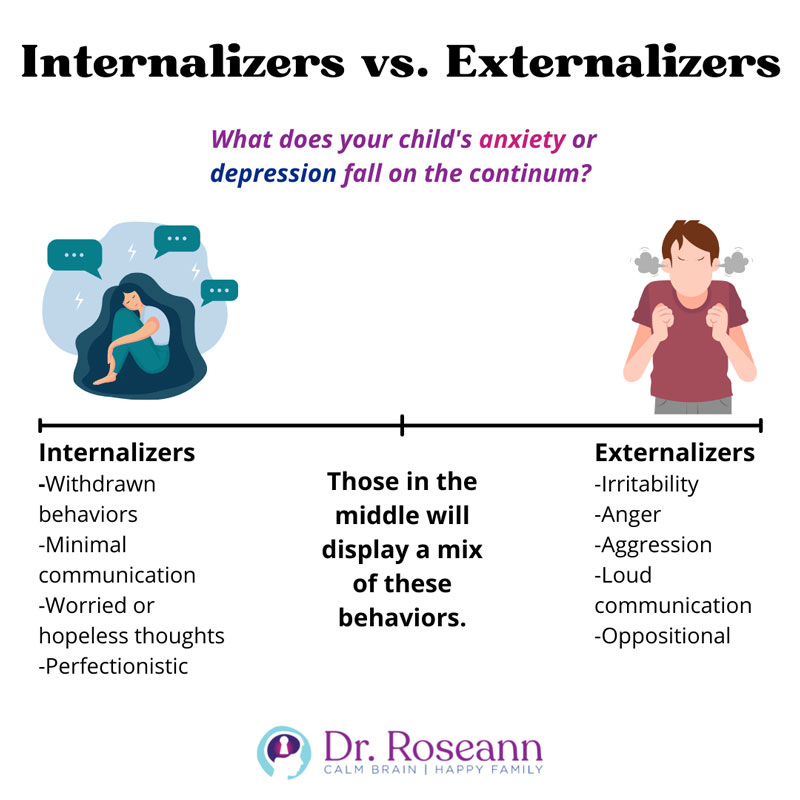
Technology and Anxiety and Depression
We know through research that excessive screen time is linked to clinical conditions such as anxiety and depression. What is surprising to most parents is that the quality of their screen time is even more important than how much time they spend on their devices.
The more passive their screen time, such as social media scrolling or watching videos, the greater their levels of anxiety and depression.
On the flip side, active engagement with others on devices was actually found to improve mental health.
With failure to launch young adults often having limited social connections, these adult children tend to spend a lot of time gaming and scrolling and are missing out on social connections. We are social beings and kids need relationships with others outside the family to learn skills. Really we need to connect just to “fill our cups” for good mental health, so concentrating on social skills is neuroprotective.
Treatment for Anxiety, OCD, and Mood Disorders for Those with Failure to Launch Syndrome
Having worked with hundreds of Failure to Launch Syndrome Young Adults over three decades, I hear a lot of “could've, would've, should’ve”. Just like FLS adult kids, parents can be equally stuck in the decisions they did and didn’t make.
Moving forward with a science-backed approach with an experienced team is pivotal in resetting family behaviors. Spinning on what should have happened or repeating failed treatments don’t get you anywhere. That is what we do in our trademarked BrainBehaviorReset™ Program. That is rooted in the neuroscience of what changes the brain and behavior.
Dr. Roseann’s BrainBehaviorReset™ Program for Failure To Launch Young Adults
Step 1: Get to the root cause with a QEEG Brain Map/ Brain Check with Dr. Roseann
Step 2: Understand the neuroscience behind why your adult child’s brain and behavior are stuck
Step 3: Understand and address family stuck communication and behavior patterns
Step 4: Dr.Roseann creates a step-by-step BrainBehaviorReset™ plan
Step 5: Calm the brain with science-backed tools such as neurofeedback and PEMF
Step 6: Gain new skills and practice them with coaching and counseling
Step 7: Take incremental steps to independent living
Remember, as stressful as this is, it didn’t happen overnight but your adult child and family can learn new skills that can shift behavior. You have to calm the brain before you bring in talk therapy or other forms of psychotherapy such as cognitive behavior therapy (CBT). Addressing brain waves and brain chemistry with neurofeedback and supplementation is an important part of our program. You may have tried to help your failure to launch young adult but have you really gotten to the root causes of their issues?
We work with clients intensively and in our one-to-one premier BrainBehaviorReset™ Program from all over the world. We are committed to providing the highest level of care, which means we can only work with a handful of one-to-one clients at a time. If you are ready to get your failure to launch young adults unstuck, then apply to work with us. If you aren’t ready for change, then we will guide you to resources that can get you started.
Citations:
Lakasing, E., & Mirza, Z. (2020). Anxiety and depression in young adults and adolescents. The British journal of general practice : the journal of the Royal College of General Practitioners, 70(691), 56–57. The Royal College of General Practitioners
Lebowitz E. R. (2017). Family Impairment Associated With Childhood Obsessive-Compulsive Disorder. Journal of the American Academy of Child and Adolescent Psychiatry, 56(3), 187–188. Journal of the American Academy of Child & Adolescent Psychiatry
NAMI (2021). Mental Health By the Numbers. National Alliance on Mental Illness
Storch, E. A., Wu, M. S., Small, B. J., Crawford, E. A., Lewin, A. B., Horng, B., & Murphy, T. K. (2014). Mediators and moderators of functional impairment in adults with obsessive-compulsive disorder. Comprehensive psychiatry, 55(3), 489–496. ScienceDirect
Always remember… “Calm Brain, Happy Family™”
Are you looking for SOLUTIONS for your struggling child or teen?
Dr. Roseann and her team are all about solutions, so you are in the right place!
There are 3 ways to work with Dr. Roseann:
You can get her books for parents and professionals, including: It’s Gonna Be OK™: Proven Ways to Improve Your Child’s Mental Health, Teletherapy Toolkit™ and Brain Under Attack: A Resource For Parents and Caregivers of Children With PANS, PANDAS, and Autoimmune Encephalopathy.
If you are a business or organization that needs proactive guidance to support employee mental health or an organization looking for a brand representative, check out Dr. Roseann’s media page and professional speaking page to see how we can work together.
Dr. Roseann is a Children’s Mental Health Expert and Therapist who has been featured in/on hundreds of media outlets including, CBS, NBC, FOX News, PIX11 NYC, The New York Times, The Washington Post,, Business Insider, USA Today, CNET, Marth Stewart, and PARENTS. FORBES called her, “A thought leader in children’s mental health.”

She is the founder and director of The Global Institute of Children’s Mental Health and Dr. Roseann Capanna-Hodge. Dr. Roseann is a Board Certified Neurofeedback (BCN) Practitioner, a Board Member of the Northeast Region Biofeedback Society (NRBS), Certified Integrative Medicine Mental Health Provider (CMHIMP) and an Amen Clinic Certified Brain Health Coach. She is also a member of The International Lyme Disease and Associated Disease Society (ILADS), The American Psychological Association (APA), Anxiety and Depression Association of America (ADAA) National Association of School Psychologists (NASP), International OCD Foundation (IOCDF) International Society for Neurofeedback and Research (ISNR) and The Association of Applied Psychophysiology and Biofeedback (AAPB).
© Roseann-Capanna-Hodge, LLC 2023
Disclaimer: This article is not intended to give health advice and it is recommended to consult with a physician before beginning any new wellness regime. *The effectiveness of diagnosis and treatment vary by patient and condition. Dr. Roseann Capanna-Hodge, LLC does not guarantee certain results.

